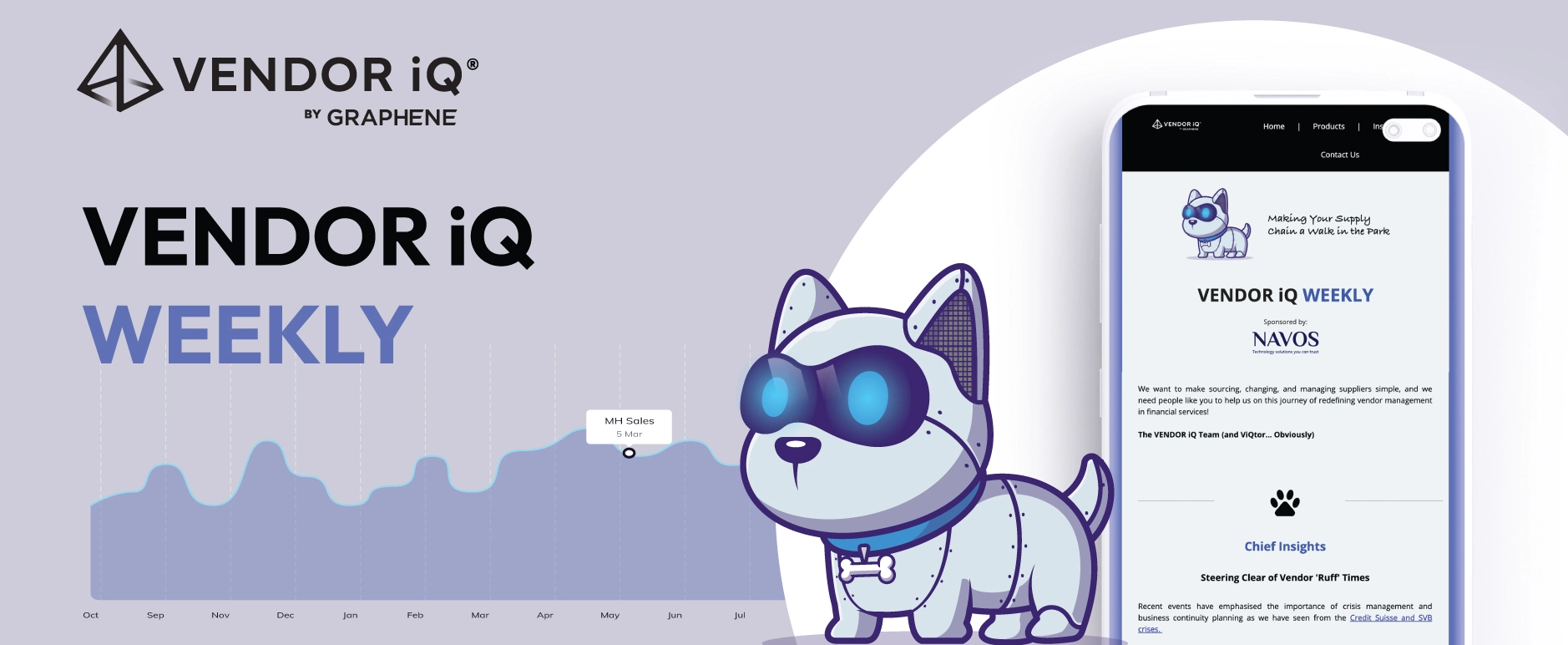Vendor management in your supply chain: Best practices to optimise vendor partnerships, control costs, and ensure compliance.
Vendor relationship management plays a pivotal role in the efficient functioning of the wealth management supply chain. As wealth and asset management businesses rely on a network of vendors and suppliers to support their operations, effectively managing these relationships becomes paramount. In this article, we will explore the significance of vendor relationship management within the wealth management industry and provide insights into best practices for optimising these crucial partnerships.
Understanding Vendor Management in a Supply Chain:
Vendor relationship management (VRM) is a discipline that allows wealth management firms to exercise control over costs, drive service excellence, and mitigate risks throughout their dealings with vendors. By categorising vendors based on their impact on profitability and risk, firms can identify areas for improvement, enhance cost efficiency, and maximise overall value. VRM encompasses activities such as vendor selection, evaluation, ongoing monitoring, and fostering transparent communication and collaboration.
The Importance of Vendor Relationship Management in a supply chain:
Effective vendor relationship management is vital for wealth management firms due to several reasons. Firstly, it enables firms to control costs by optimising vendor contracts, negotiating favourable terms, and avoiding unnecessary expenses. Secondly, it facilitates service excellence by fostering strong partnerships with vendors who deliver high-quality products and services. Thirdly, VRM helps mitigate risks by ensuring vendors comply with regulatory requirements, adhere to agreed-upon standards, and maintain financial stability.
Handling Vendor Relationship Management:
To handle vendor relationship management effectively, wealth management firms should consider the following best practices:
Conduct Annual Vendor Scorecards: Annual vendor scorecards allow firms to evaluate vendor performance, provide feedback, and discuss key performance indicators (KPIs). This transparent evaluation process helps maintain alignment and identifies areas for improvement or additional support.
Foster Transparency: Open and transparent communication with vendors builds trust and fosters a collaborative environment. Involving vendors in business strategy discussions and innovation initiatives creates mutual understanding and enables creative problem-solving.
Learn about Vendors’ Businesses and Operations: Gaining insights into vendors’ businesses, visiting their headquarters enhances understanding and strengthens relationships. This knowledge enables better negotiation strategies, stronger contracts, and a deeper appreciation for their contributions to the supply chain.
The Benefits of Vendor Relationship Management:
Implementing effective vendor relationship management processes across your supply chain, yields numerous benefits for wealth management firms. Some of these include:
Enhanced Forecasting and Budgeting: VRM supports accurate forecasting and budgeting, enabling procurement teams to make informed decisions and optimise resource allocation.
Cost Avoidance and Savings: Well-managed vendor relationships help identify cost-saving opportunities, avoid unnecessary expenses, and negotiate favourable pricing and contract terms.
Improved Stakeholder and Vendor Satisfaction: Strong vendor relationships contribute to improved stakeholder satisfaction and positive vendor experiences, resulting in smoother operations and enhanced service delivery.
Vendor Performance Management: VRM allows firms to monitor and assess vendor performance, ensuring compliance with agreed-upon service levels and addressing any performance gaps proactively.
In conclusion, vendor relationship management is a vital aspect of the wealth management supply chain. As wealth and asset management firms rely on vendors and suppliers to support their operations, effectively managing these relationships becomes paramount for success.
By implementing robust VRM strategies, firms can control costs, drive service excellence, and mitigate risks, ultimately optimising their overall operations.
Understanding the importance of VRM is crucial for wealth management firms. It enables them to optimise vendor contracts, negotiate favourable terms, and avoid unnecessary expenses, thereby achieving cost efficiency. VRM also fosters strong partnerships with vendors who deliver high-quality products and services, ensuring service excellence. Moreover, it helps firms mitigate risks by ensuring vendor compliance with regulatory requirements and maintaining financial stability.
To handle vendor relationship management effectively, wealth management firms should consider implementing a VRM solution that streamlines vendor management processes and provides real-time oversight. Conducting annual vendor scorecards allows firms to evaluate performance, provide feedback, and discuss KPIs, ensuring alignment and continuous improvement. Fostering transparency in communication and involving vendors in business strategy discussions creates a collaborative environment and encourages problem-solving.
In today’s competitive landscape, embracing vendor relationship management as a strategic discipline is essential for wealth management firms to thrive. By leveraging technology solutions, fostering transparent and collaborative relationships, and continuously improving vendor management processes, firms can unlock operational efficiencies, deliver exceptional value to clients, and gain a competitive edge.
Take the next step towards optimising your vendor relationships and enhancing your firm’s performance. Explore the power of VENDOR iQ’s vendor management platform, designed specifically for the asset and wealth management community.
Request a demo today and witness how VENDOR iQ can revolutionise your vendor relationship management, driving operational excellence and maximising your firm’s success.
Remember, in the ever-evolving landscape of wealth management, effective vendor relationship management is key to staying ahead and achieving sustainable growth.





